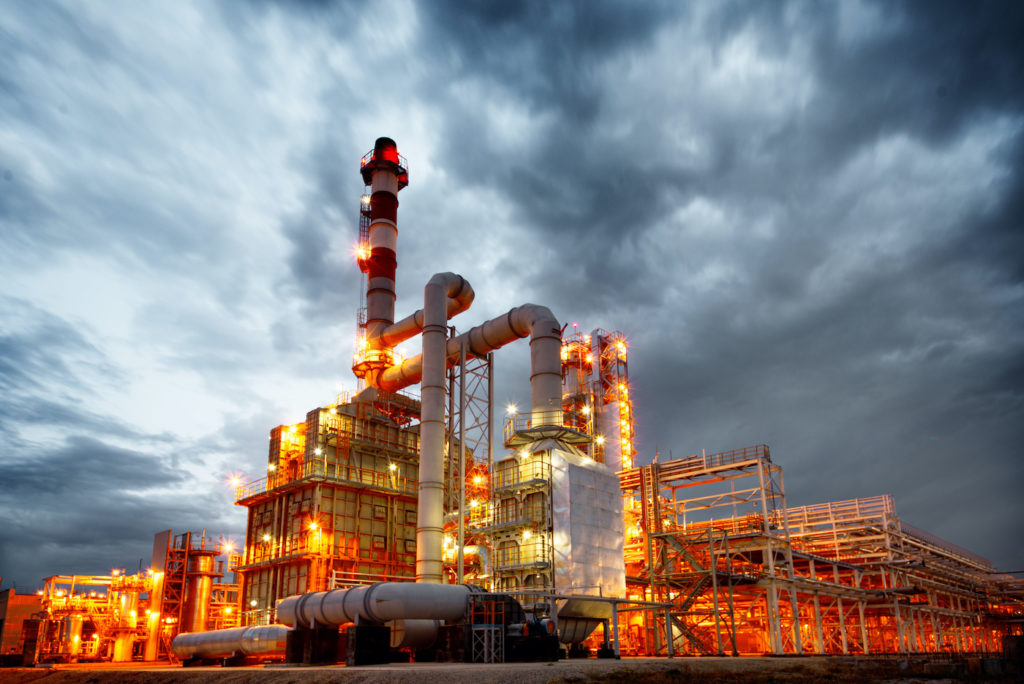From its economic collapse to its political crisis, the precarious situation in Venezuela has been widely covered by media outlets around the world. This visibility has helped Venezuelans in their efforts to raise international awareness of their crisis, which is an important step toward restoring their democracy. Nevertheless, such visibility has also produced negative effects.
Most significantly, media coverage has allowed the regime to spread propaganda beyond the nation’s borders. Through their misinformation campaigns, the Venezuelan regime and its international allies, such as Cuba and Russia, regularly attempt to deceive the public and protect the image of their socialist and authoritarian agenda.
One particularly dangerous fiction—pushed by the regime and gaining traction in outlets like the New York Times—is that Venezuela is experiencing the beginning of an economic recovery. This narrative, while erroneous, has an element of truth.
The Venezuelan economy has in fact been experiencing the effects of two major implicit reforms. The first reform is that the country is heading towards what economists call transactional dollarization. This term refers to the adoption of the dollar as an economy’s de facto currency, even though it is not the official medium of exchange. In other words, even though Venezuela has a central bank and its own currency, people are simply using dollars (and other foreign currencies) for their economic transactions. The second reform, which is related to the first one, is that the regime has stopped enforcing its widespread, discretionary, and damaging price controls. Because of this, Venezuela is no longer suffering from chronic shortages of food and medicines. Together, these two reforms, despite their timid and implicit implementation, have helped to mitigate some of the most severe problems plaguing the Venezuelan economy.
Start your day with Public Discourse
Sign up and get our daily essays sent straight to your inbox.However, mitigating a problem is very different from fixing it. By themselves, these reforms cannot produce an economic recovery in Venezuela. A true economic recovery in Venezuela will be impossible without a dramatic political transition.
Maduro’s Destruction of the Venezuelan Economy
For two decades, the private sector in Venezuela has experienced the effects of a set of policies that are designed to harm its productivity and capacity to supply the market. For a while, this unsustainable dynamic did not appear lethal. Venezuela had a strong private sector, and the regime was in the middle of Venezuela’s biggest oil bonanza on record. In 2014, however, oil revenues collapsed, shaking the system. Because the private sector was already severely harmed by Maduro’s economic repression, the economy entered a recession.
Maduro had to decide whether to reform the economy or to keep his detrimental policies. Sadly, he chose the latter. In fact, he radicalized his economic controls even further.
Due to depleted public finances, Maduro had to cut spending abruptly. This choice led him to a second decision: Maduro had to decide whether to stop paying Wall Street by defaulting on Venezuela’s astronomical foreign debt, or to reduce spending by cutting imports of food and other basic goods. Despite his alleged socialist roots, Maduro chose to cut imports abruptly. In this way, he condemned the country to a painful and unorthodox structural adjustment.
Together, these policies sharply reduced the supply of goods in the economy. This led to Venezuela’s infamous chronic shortages of most goods, especially food and medicines. When this happened, Maduro answered by further repressing the economy. He began prosecuting business owners and argued that they were hiding their goods from their consumers.
In other words, Maduro systematically destroyed Venezuela’s supply mechanisms and the economy’s pricing system. If you add all these decisions by Maduro to his extremely loose monetary policy, it becomes evident why Venezuela’s high inflation turned into a hyperinflationary spiral, triggering the biggest humanitarian crisis in the history of the region.
The Origin, Dynamics, and Economic Effects of the Reforms
By 2019, Maduro had destroyed over two thirds of Venezuela’s gross domestic product. At the beginning of last year, the economic situation continued its rapid deterioration. Even more alarmingly, the country experienced a nationwide power blackout that lasted almost an entire week. During this time, telecommunications were down, the water supply was nonexistent, and people lost all the food in their refrigerators. These were perhaps days when most people felt that their world was falling apart.
However, something else changed during those days. As most financial services were also down, people began using foreign currency to buy their everyday goods. Even though this practice was traditionally used to buy real estate, cars, and expensive products, it was only then that people began to use foreign currency daily. In other words, Venezuela informally entered a process of transactional dollarization. This allowed Venezuelans to escape the rapid devaluation of the Bolivar, the Venezuelan national currency. As a result, from business owners to employees alike, the entire society embraced and welcomed the new implicit monetary regime. Even Maduro himself praised the positive benefits of the process.
Venezuelans are currently using US dollars in over 54 percent of their economic transactions, and this number is even higher in some major cities. In Maracaibo alone, capital of the state of Zulia, and formerly one of the wealthiest cities of Venezuela, citizens are using dollars in almost 90 percent of their economic transactions. Similarly, Venezuelans are using pesos, the Colombian currency, for their economic activity in areas near that country.
Overall, the message of the Venezuelan people has been clear: they are rationally moving away from their devalued, volatile, and untrustworthy currency. In a way, this is another example of how market forces tend to overcome absurd government regulations.
Nevertheless, the use of dollars for economic transactions would be pointless if economic transactions were not being made in the first place. This would have been Venezuela’s scenario without the implementation of the second implicit reform: the liberalization of prices. Under Maduro, one of the major economic constraints of the Venezuelan economy has been its highly distorted system of relative prices. In any functional economy, prices are the signaling mechanism that both suppliers and consumers need to engage in economic transactions. Prices enable economic agents to maximize the use of their resources.
The transactional dollarization process was only effective because Maduro stopped enforcing many price controls. Currently, most businesses are freely setting the prices of their products. As a result, Venezuelans are no longer experiencing chronic shortages of goods, and the proliferation of black markets has slowed.
Are These Reforms Enough for a Recovery?
The reforms are undeniably mitigating some problems. The Venezuelan economy is so repressed and damaged that even basic economic reforms can produce positive results. However, the positive effects of these changes are not nearly enough to reboot the Venezuelan economy. Again: Venezuela is not currently experiencing a true and lasting economic recovery. At best, the country is finding ways to lessen the negative impacts of a repressive regime.
To reverse Venezuela’s gigantic economic collapse, the nation needs a clear, transparent, and serious economic agenda. It needs a new government with the capacity, political will, and international recognition to successfully address the nation’s institutional crisis and the major constraints on its economic growth. Venezuela needs to redesign and rebuild its political and economic institutions. It needs a government that can successfully tackle the nation’s bureaucratic mess in institutions like the central bank and the judicial system, and reestablish property rights in Venezuela. This will be a difficult task, considering Venezuela’s history of expropriations and its current situation, in which irregular groups control over 70 percent of the territory.
Venezuela needs a new government that can work alongside not only the private sector but also multilateral organizations, such as the International Monetary Fund and the Inter-American Development Bank. That’s because any new government will need their trust to renegotiate its foreign debt, stabilize its currency, and attract investors. Venezuela cannot simultaneously address all its deficiencies, from its depleted financial system and its deteriorated infrastructure, to its extremely rigid and thin labor market. Instead, it needs to work alongside the private sector to identify which areas to focus on first.
The international community must continue to work diligently to help Venezuelans in their quest for freedom. Venezuelans are desperate to circumvent the ill-conceived regulations that are harming their nation’s well-being. They eagerly await a real economic turnaround—one that will protect the economic freedoms of all Venezuelans. They know that Venezuela cannot recover without a political transition to democracy. When they’re given the chance to turn their nation’s collapse into a miraculous recovery, Venezuelans will be ready.













